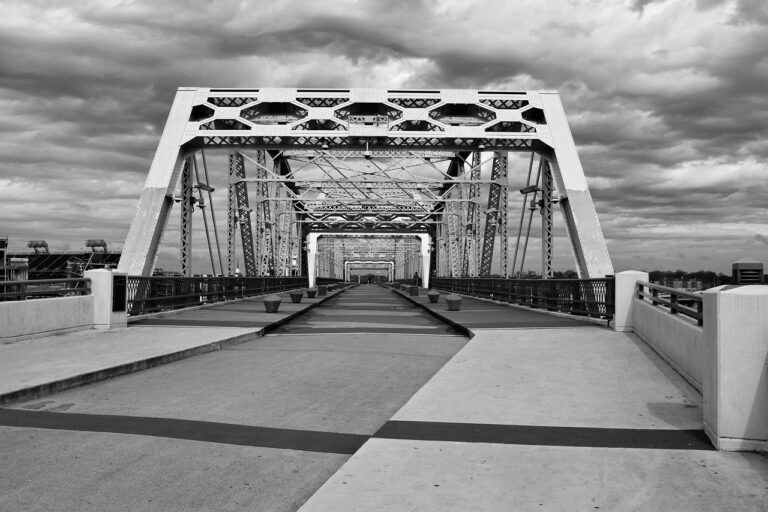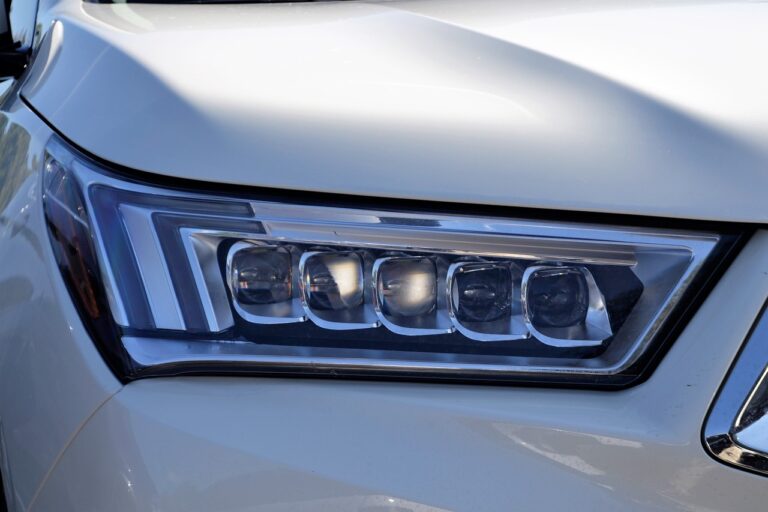Understanding the Differences Between Personal and Business Leasing: 11xplay reddy login, Reddy anna, Golden 777 login
11xplay reddy login, reddy anna, golden 777 login: When it comes to leasing, whether it’s for personal or business use, understanding the differences between the two is crucial to making the right decision. While both types of leases involve renting an asset for a specified period, there are distinct factors that differentiate personal leasing from business leasing.
Personal Leasing
Personal leasing, also known as consumer leasing, is primarily used for individuals looking to lease a car, furniture, or other personal items. In a personal lease agreement, the individual does not own the asset but rather pays a fixed monthly fee to use it for a designated period. At the end of the lease term, the individual returns the asset to the leasing company without any further obligations.
Key Points to Consider:
1. Personal Budget: Personal leasing allows individuals to access assets that they may not be able to afford upfront, making it a popular choice for those on a tight budget.
2. Limited Mileage: Most personal leases come with mileage restrictions, and exceeding these limits can result in additional fees.
3. Customization: Personal leasing allows for customization options, such as choosing the color and features of a leased car.
Business Leasing
Business leasing, on the other hand, is a common practice among companies looking to acquire assets for their operations without tying up capital in ownership. Business leases can include equipment, vehicles, or office space, and are typically structured to meet the specific needs of the business.
Key Points to Consider:
1. Tax Benefits: Business leasing often comes with tax advantages, including the ability to deduct lease payments as a business expense.
2. Fleet Management: Companies with a large number of vehicles often opt for business leasing to facilitate fleet management and reduce maintenance costs.
3. End of Lease Options: Business leases may offer more flexible end-of-lease options, such as the ability to purchase the asset at a predetermined price.
Understanding the differences between personal and business leasing is essential in making an informed decision that aligns with your financial goals and needs.
FAQs
1. Can I switch from personal to business leasing if I decide to use the asset for business purposes?
Yes, you can typically switch from a personal lease to a business lease if you plan to use the asset for business purposes. However, it’s essential to review the terms of your lease agreement and consult with the leasing company to make the transition smoothly.
2. Are there any restrictions on the types of assets I can lease for personal use?
While personal leasing is commonly used for cars, furniture, and appliances, there may be limitations on the types of assets you can lease based on the leasing company’s policies. It’s recommended to inquire about specific asset options before entering into a lease agreement.
In conclusion, whether you’re considering personal leasing for everyday items or business leasing for operational needs, understanding the distinctions between the two can help you make an informed decision that suits your individual or business requirements.







